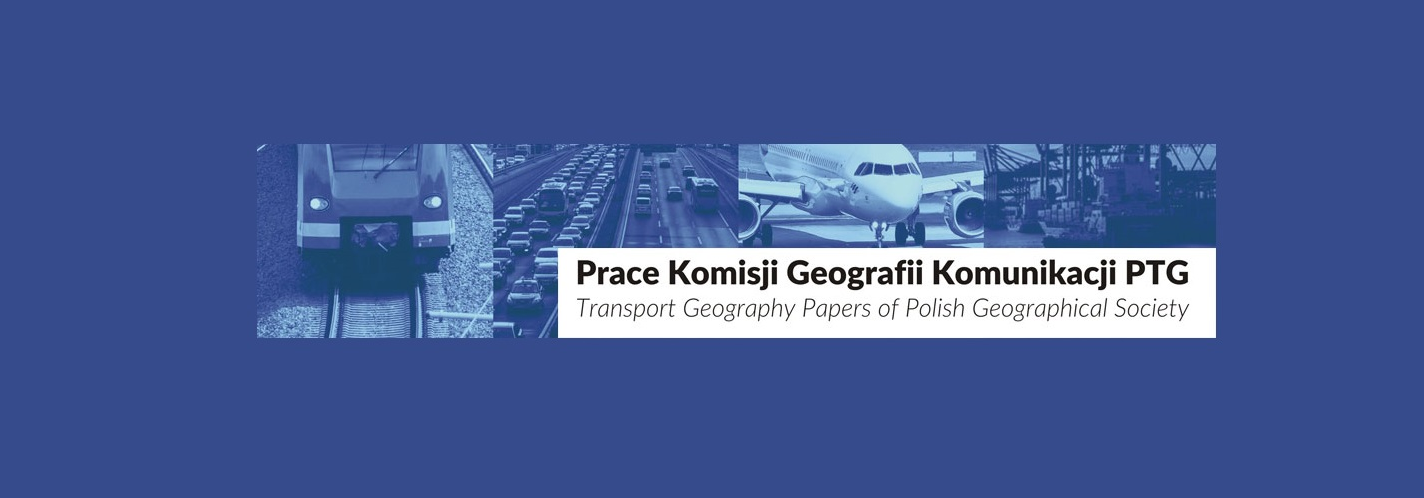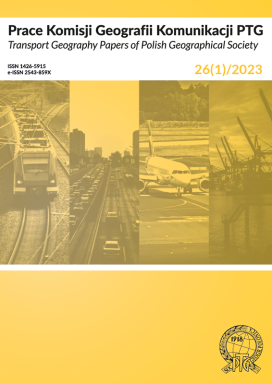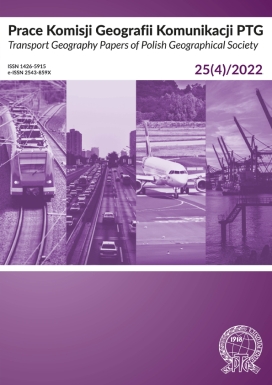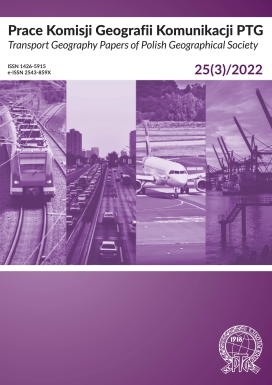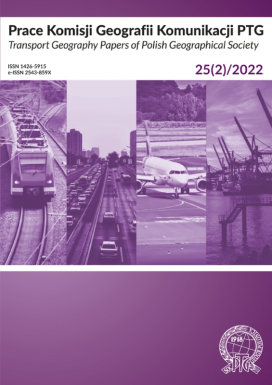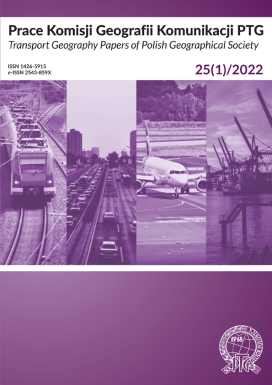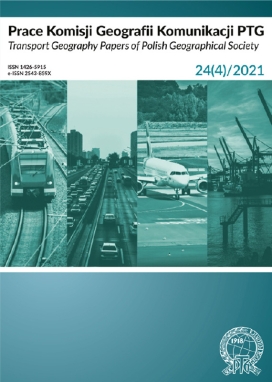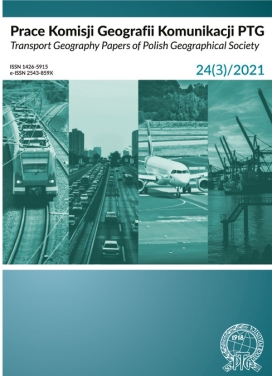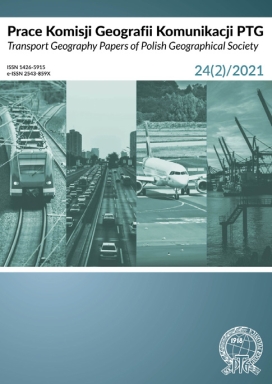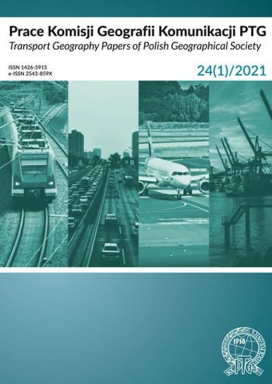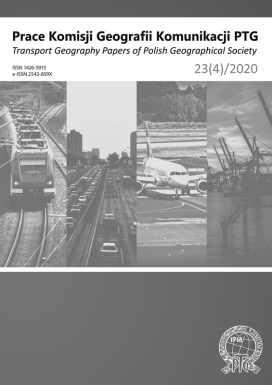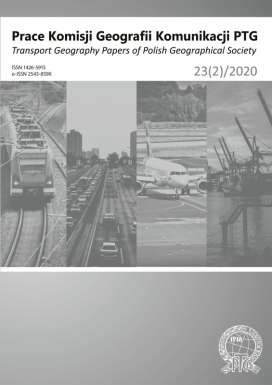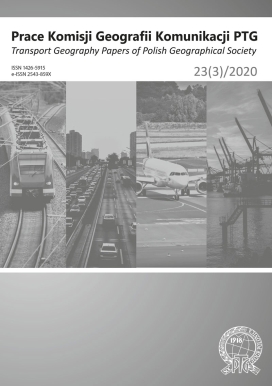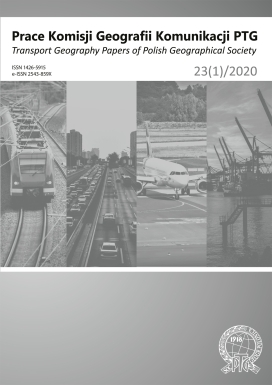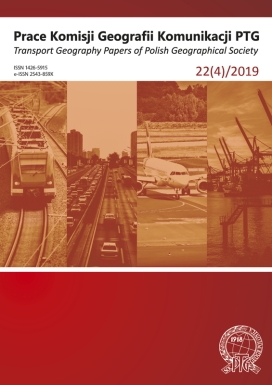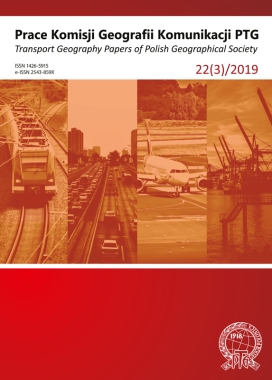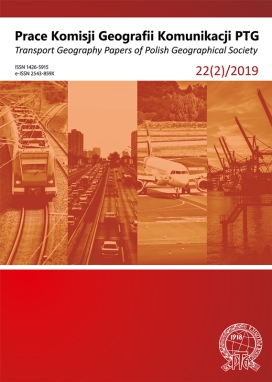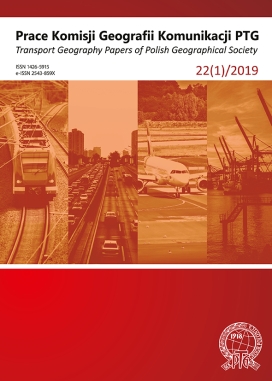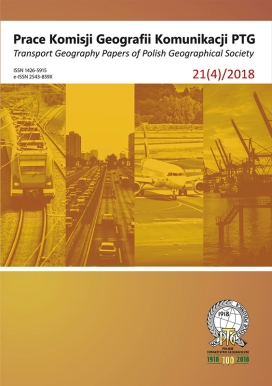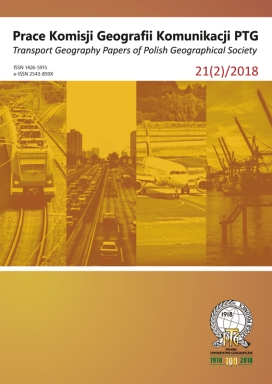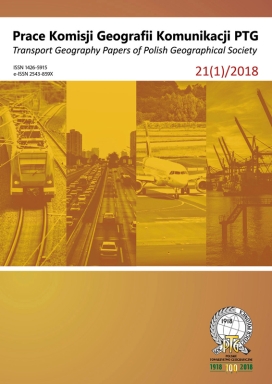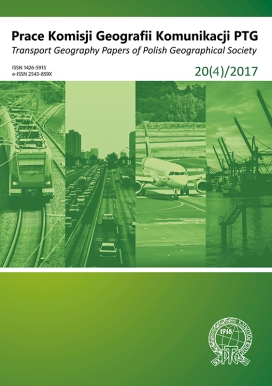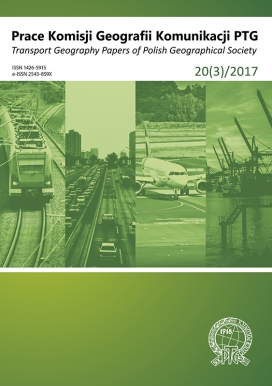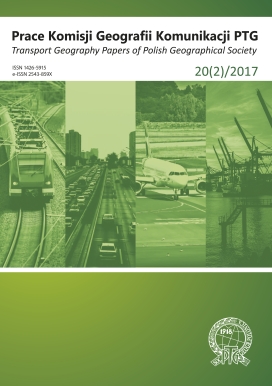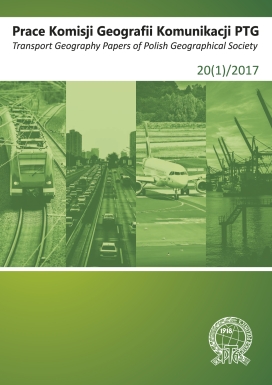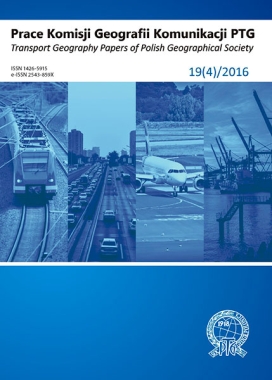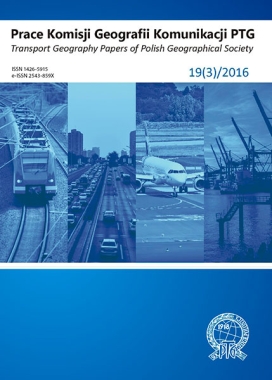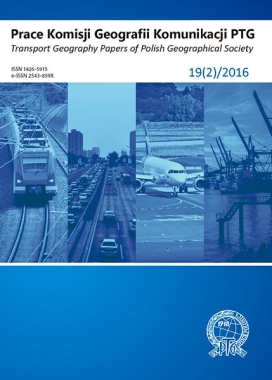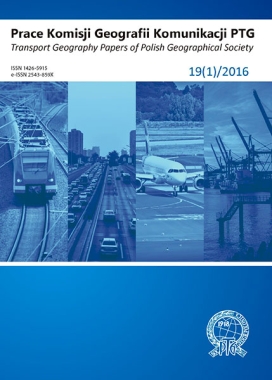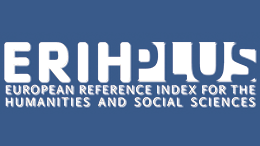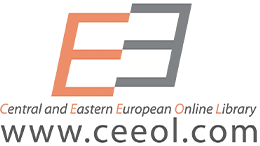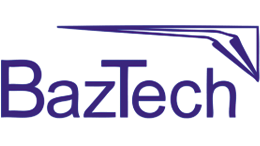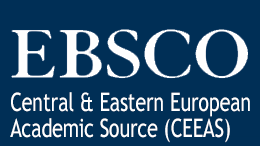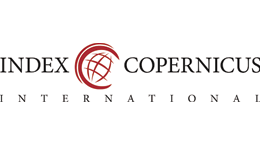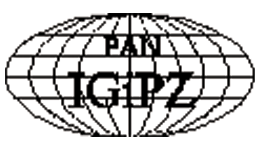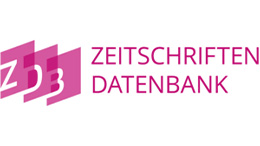Idea zrównoważonej mobilności jest jedną z kluczowych koncepcji odpowiadających na potrzebę ograniczenia negatywnych skutków przemieszczeń, szczególnie na obszarach miejskich. Dokumenty Unii Europejskiej wskazują szereg działań, które mogą sprzyjać równoważeniu mobilności. Wśród nich istotne miejsce zajmuje koncepcja zwiększania efektywności energetycznej procesów transportowych poprzez stosowanie niskoemisyjnych źródeł zasilania pojazdów, w tym elektryfikację środków transportu.
Celem opracowania jest ustalenie czy działania podejmowane przez Górnośląsko-Zagłębiowską Metropolię, działającą od 2017 r. w centralnej części województwa śląskiego, w zakresie elektryfikacji organizowanego przez nią transportu autobusowego można uznać za działania realizujące cele polityki zrównoważonej mobilności.
Artykuł zawiera: przegląd aktualnych badań dotyczących polityki zrównoważonej mobilności, próbę zdefiniowania pojęcia elektromobilności, wskazanie możliwości jej zastosowania w publicznym transporcie autobusowym, identyfikację uwarunkowań prawnych wdrażania elektromobilności w publicznym transporcie zbiorowym w Polsce, uwarunkowania działalności Górnośląsko-Zagłębiowskiej Metropolii w roli organizatora publicznego transportu zbiorowego oraz podmiotu odpowiedzialnego za realizację polityki zrównoważonej mobilności, a także analizę działań podejmowanych przez Górnośląsko-Zagłębiowską Metropolię i działających na jej rzecz operatorów w zakresie elektryfikacji taboru autobusowego.
Wyniki badania oparte są m.in. na analizie krajowej i zagranicznej literatury przedmiotu, aktów prawa wspólnotowego i krajowego, dokumentów strategicznych i operacyjnych podmiotów różnych szczebli administracji oraz danych źródłowych pozyskanych w trakcie wywiadów bezpośrednich z pracownikami największego organizatora publicznego transportu zbiorowego w województwie śląskim. W badaniu wykorzystano również wyniki obserwacji uczestniczącej autora opracowania.
Electromobility in bus public transport organised by the GZM Metropolis as a tool of sustainable mobility implementation
The idea of sustainable mobility is one of the key concepts responding to the need to reduce the negative effects of transport, particularly in urban areas. European Union documents indicate a number of actions which can help to balance mobility. Among them, the concept of increasing the energy efficiency of transport processes through the use of low-emission sources of vehicle power, including electrification of vehicles, occupies an important place.
The aim of the study is to determine whether the actions taken by the GZM Metropolis, operating since 2017 in the central part of the Silesian Voivodship, in the field of electrification of the bus transport it organises can be considered as actions implementing the objectives of sustainable mobility policy.
The article contains: a review of current research on sustainable mobility policy, an attempt to define the concept of electromobility, an indication of the possibility of its application in public bus transport, identification of legal conditions for the implementation of electromobility in public transport in Poland, conditions for the activity of the GZM Metropolis as a public transport authority and an entity responsible for the implementation of sustainable mobility policy, as well as an analysis of actions taken by the Metropolis GZM and its operators in the field of bus fleet electrification.
The results of the study are based, among other things, on an analysis of national and foreign literature on the subject, acts of the European Community and national law, strategic and operational documents of entities at various levels of administration and source data obtained during direct interviews with employees of the largest public transport organiser in the Silesian Voivodeship. The results of the participant observation of the author of the study were also used in the research.
